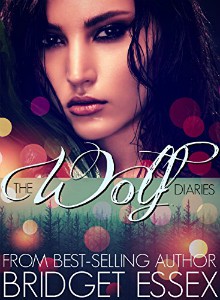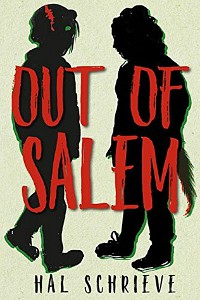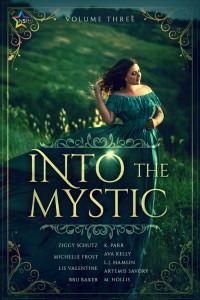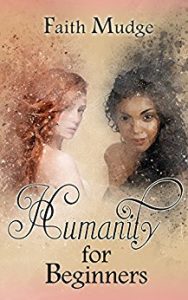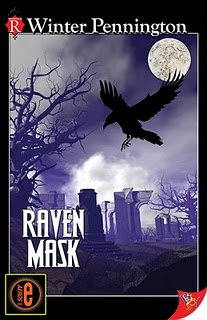I love this book. Preferably, I would have a better way to segue into this review, but there’s no way to better introduce it than to say, I love this book.
Jadin is a werewolf with a big heart, and when the lonely and lovely Tess (also a werewolf) asks her to be her pretend girlfriend, she can’t help by say yes. Jadin immediately falls for Tess, but Tess is unfortunately still hung up on her ex-fiance Laurie. Laurie, who doesn’t deserve such devotion from Tess, and whose wedding is the exact reason Jadin has a reason to spend time with Tess while pretending to be her girlfriend.
The first thing that really hooked me into this book was Jadin’s wonderful voice that jumped off the page and along with that her sense of humor. There were many parts where I laughed out loud at Jadin’s jokes, sometimes at her own expense and sometimes at the situations she finds herself in.
Jadin’s character really came through vividly and the same can be said for the rest of the characters. It was easy to stay engaged when I felt like I knew these people and easily care about what happened to them. Jadin clearly genuinely cared about Tess from beginning. I was surprised to find myself falling for Tess as Jadin did. This isn’t told from both their POVs, just Jadin’s. Usually I don’t like this in romance because then it’s harder to relate and engage with whomever doesn’t have a viewpoint portion in the book. However, Jadin’s narration made me feel like I knew Tess the way she did.
There were also several side characters that were just as easy to engage with. Laurie was a fantastic, believable antagonist and I had fun hating her. Mona was Tess’s best friend and had a great sense of humor as well as was a wonderful friend that helped move the plot along while also being a great addition to the cast. Finally, there’s Jadin’s mom, who was a fun and interesting hippy kind of character, as well as believable and engaging.
The romance was believable, and I found myself cheering Jadin and Tess on through the whole story. There was a good balance of physical attraction as well as genuine emotional connection.
My only complaint, and it is a small, nitpicky one, is that the werewolf element felt a bit too low key. There were parts where elements of being a werewolf were incorporated to the story. For example, smell was something Jadin picked up on and often described, which added to the character and world building. There was also a few other world building elements that were fun. However, it felt very little to what I expect when I find a book with werewolves. Again, though, it is a small complaint.
Overall, this was a great book that I highly recommend for anyone looking for a fun romance with the elements of the fake relationship and werewolves.

